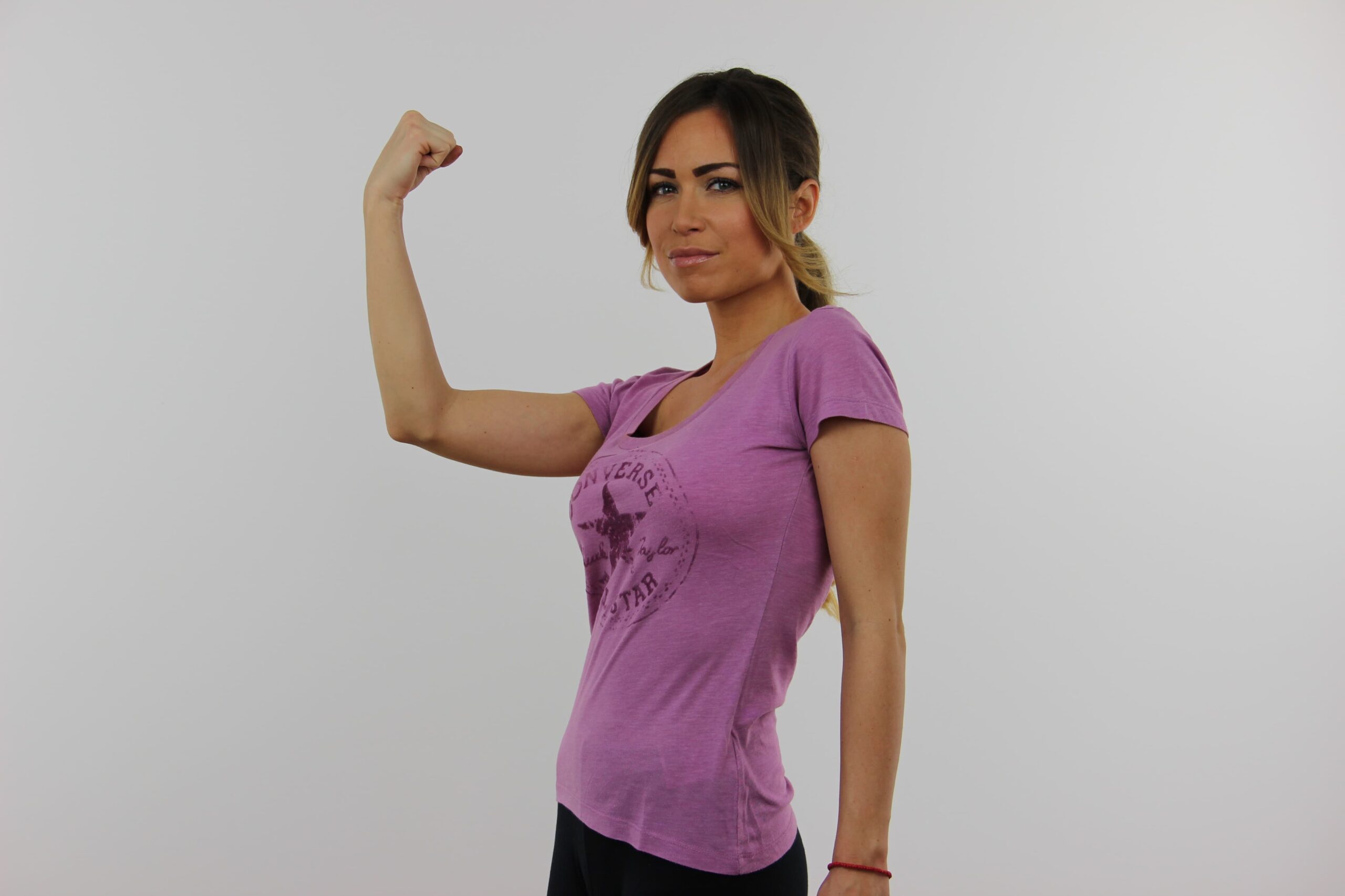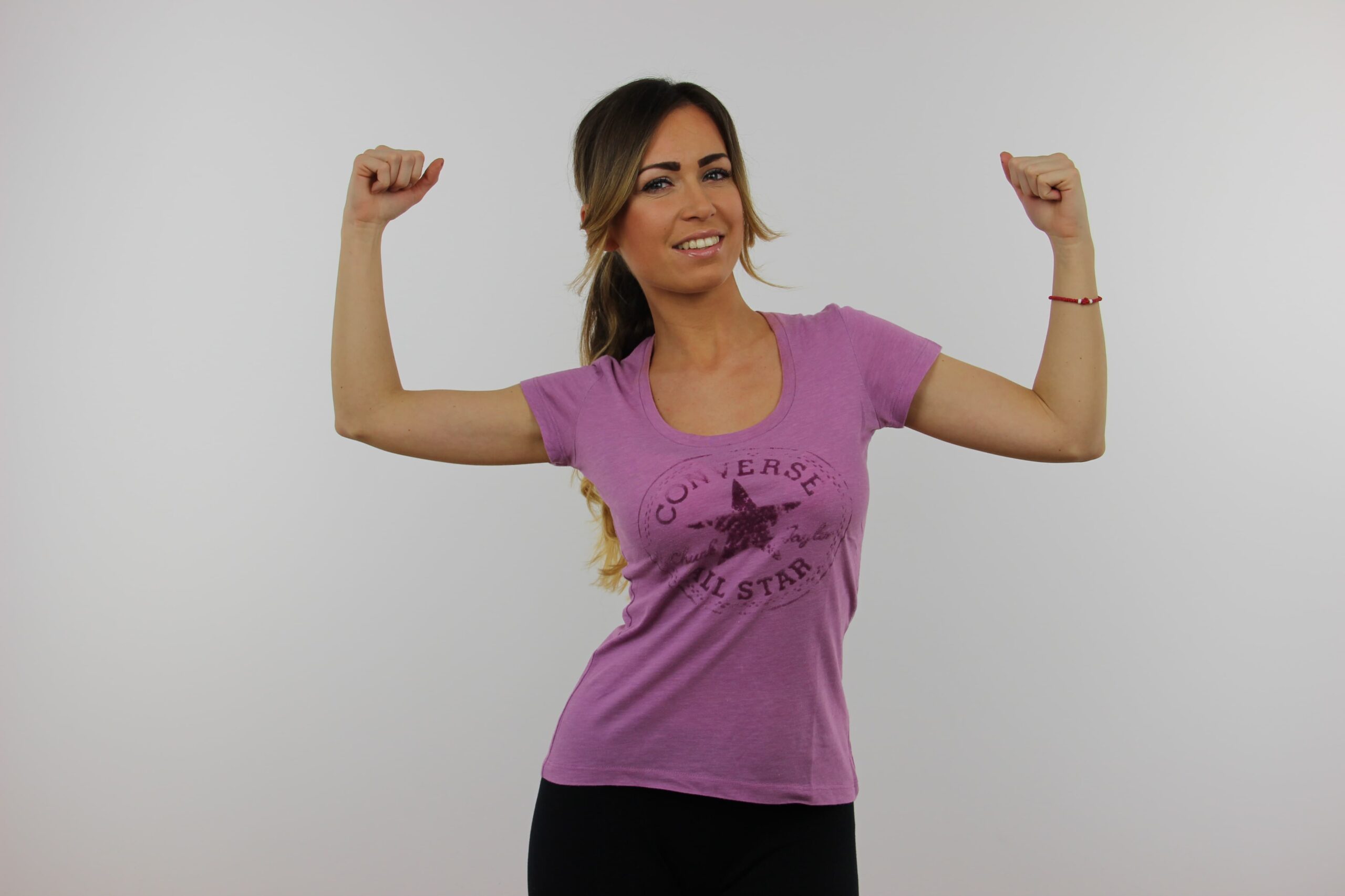Reclaim Your Family Time: Why Busy Parents Are Choosing Professional House Cleaning Over Weekend Chores
The average parent spends 21 hours per week on household tasks, while dedicating only 7 hours to quality time with their children. Let that sink in for a moment—three times more hours scrubbing toilets than building memories with the people who matter most. It’s Saturday morning, and eight-year-old Emma bounces into the kitchen asking if you can go to the park. Your heart wants to say yes, but your eyes survey the chaos: breakfast dishes piled in the sink, laundry overflowing the hamper, bathrooms that haven’t been cleaned in two weeks. “Maybe later, sweetie,” you hear yourself saying. “Mommy needs to clean the house first.” By the time you finish your weekend cleaning marathon, Emma is absorbed in her tablet, and the moment has passed. This scene plays out in millions of homes every weekend. Parents caught in an exhausting cycle where maintaining their house takes precedence over enjoying their family. The cruel irony? We’re so busy creating a perfect home environment that we miss the childhood happening inside it. But what if there was another way? What if the families who seem to effortlessly balance clean homes with rich family lives aren’t superhuman—they’re just making different choices about how to spend their most precious resource: time. The Parenting Paradox: More Stuff, Less Time The Endless Cycle of Kid-Created Chaos Children are magnificent mess-makers. A single toddler can transform a spotless living room into what appears to be a toy store explosion in under ten minutes. School-age kids leave trails of backpacks, sports equipment, art supplies, and mysterious sticky substances throughout the house. Teenagers somehow dirty every dish in the kitchen while making a simple snack. The mathematics are brutal: you spend two hours deep-cleaning the house on Saturday morning, and by Saturday evening it looks like you never touched it. This isn’t a reflection of poor parenting or undisciplined children—it’s simply the reality of active family life. Kids learn through play, exploration, and yes, making messes. The problem isn’t that children create chaos; the problem is expecting parents to constantly clean up after the beautiful whirlwind of childhood while still being present for it. The Invisible Mental Load Beyond the physical act of cleaning lies the cognitive burden that typically falls on one parent (often mothers): the mental management of household systems. You’re not just scrubbing the bathtub—you’re tracking when it was last cleaned, noticing it needs attention, remembering to buy appropriate cleaning supplies, and coordinating the timing with family schedules. This mental load extends to every aspect of household management while simultaneously tracking your children’s needs, schedules, and development. You’re the family operations manager, juggling soccer practice pickup times, parent-teacher conferences, birthday party invitations, and grocery lists, all while noticing that the baseboards need attention and the windows look grimy. Decision fatigue sets in when every moment requires choices about competing priorities. Do you fold laundry or help with homework? Do you mop floors or read bedtime stories? The constant internal negotiation is exhausting, and something important always gets shortchanged. Competing Priorities Modern parents face an impossible equation. Full-time work demands 40+ hours per week. Quality family time requires intentional presence and energy. Household maintenance demands another 20+ hours weekly. Add in sleep, personal care, and basic life maintenance, and you’re looking at a 180-hour week crammed into 168 available hours. The mathematics simply don’t work, yet parents continue trying to do it all, feeling guilty when they inevitably fall short. The house feels chaotic, the children feel rushed, and parents feel like failures. This isn’t a personal shortcoming—it’s a systemic problem that requires systemic solutions. What Weekend Cleaning Really Costs Your Family Lost Childhood Moments Every Saturday spent deep-cleaning is a Saturday not spent at the zoo, exploring hiking trails, or simply lying in the grass making cloud shapes with your kids. Children don’t understand that the house “needs” to be cleaned—they understand that cleaning is more important to their parents than playing with them. The window of childhood is heartbreakingly brief. Your five-year-old who desperately wants to help you bake cookies won’t care about baking at fifteen. Your eight-year-old who begs for bike rides will be too busy with friends at thirteen. These aren’t just missed activities—they’re missed opportunities for connection, learning, and memory-making that can never be recovered. Children also internalize the message that household perfection takes priority over relationships. They learn that family time happens only after everything else is complete, teaching them to defer joy and connection in service of endless maintenance tasks. Parental Burnout and Stress Working all week then cleaning all weekend creates a cycle of exhaustion that leaves parents running on empty. There’s no rest, no rejuvenation, and certainly no time for the self-care that makes good parenting possible. When parents are constantly overwhelmed, everyone in the family suffers. The emotional toll is equally devastating. You never feel “caught up” because the work is genuinely endless. As soon as one area gets clean, another needs attention. The feeling of progress is constantly undermined by the reality of family life, creating a sense of futility that breeds resentment and frustration. Marriages suffer when both partners are overwhelmed and exhausted. Date nights get cancelled for cleaning projects. Conversations revolve around task distribution rather than dreams and connection. The partnership that brought children into the world gets buried under the logistics of maintaining their environment. Missed Development Opportunities Weekend cleaning time is prime family time—when children are available, parents aren’t working, and the whole family could be engaged in activities that support growth and learning. Every hour spent scrubbing is an hour not spent reading together, exploring nature, visiting museums, or simply talking and connecting. Active children need outdoor time, creative exploration, and varied experiences to develop properly. When weekends become cleaning marathons, kids default to screens and indoor entertainment, missing crucial opportunities for physical activity, social interaction, and novel experiences that support healthy development. The irony is profound: we clean to create a healthy environment for our children while sacrificing the









